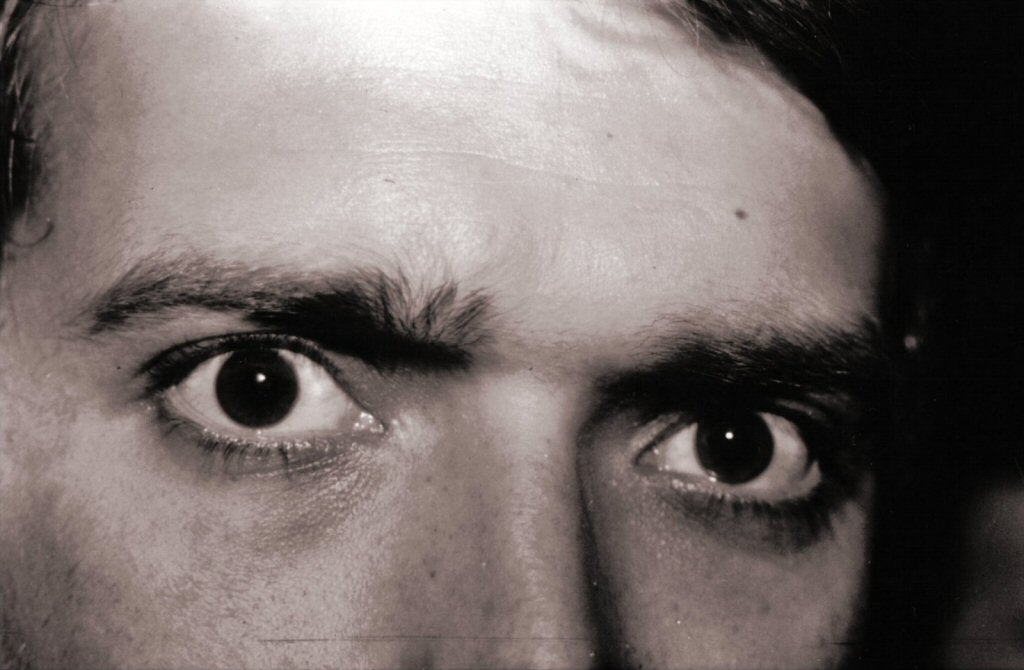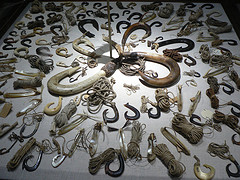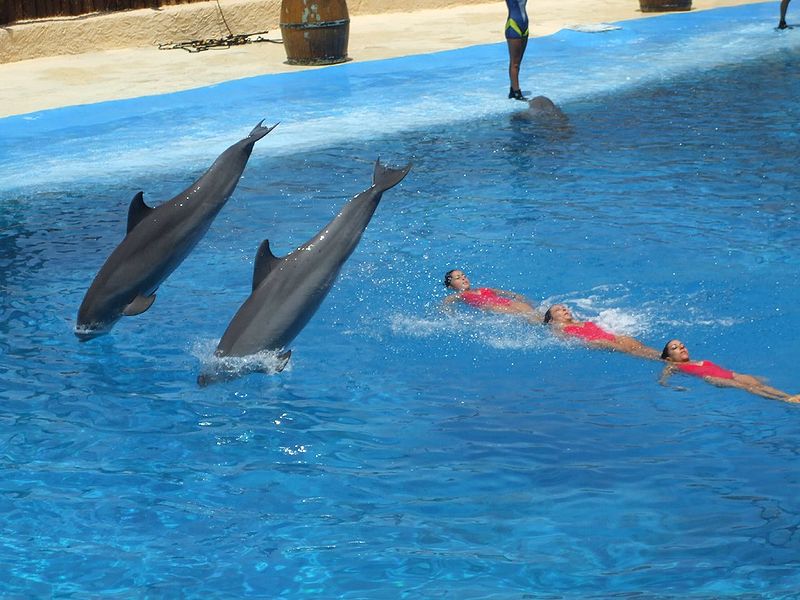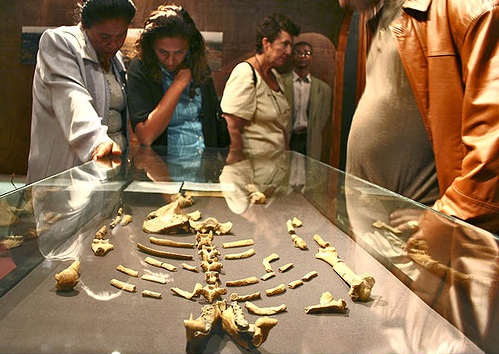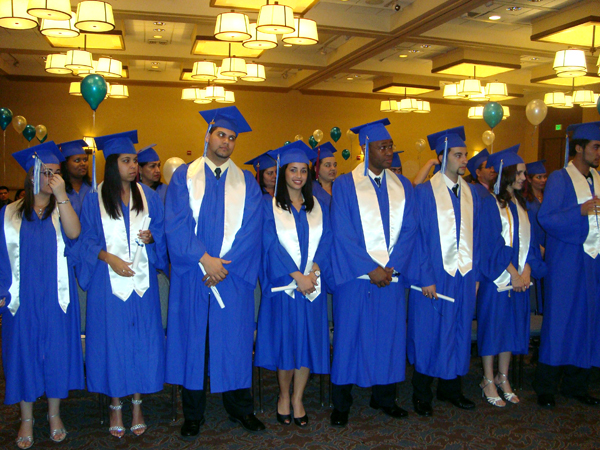The recent case of a Tennessee woman who sent her 7-year-old adopted Russian child back to Moscow is becoming a test for the international adoption vetting process, writes Daniel Wood.
All Articles
“If the Rubik’s Cube is like life … then a good life is like a good puzzle,” writes Stefany Anne Golberg. “It can be solved within the order of solitude but is more rewarding in the chaotic company of others.”
Author Paul Theroux says that e-books seem “magical” to him, but that something is lost when we give up the “physicality” of a book.
With several relatively youthful Republican members currently serving on the Supreme Court, Mark Greenbaum argues that the age of Obama’s nominee will be a critical factor.
Stress hormones may indirectly promote the spread of cancer in the body by hurting the immune system’s anti-tumor mechanisms and encouraging new blood vessels to form.
Does assassinating top terrorists really make us safer? Robert Wright looks at research suggesting that “decapitation doesn’t lower the life expectancy of the decapitated groups.”
Despite the fact that cilantro is happily consumed by millions of people around the world, it inspires “a primal revulsion among an outspoken minority of eaters” who say it tastes like soap.
“Hyenas … have been terribly misunderstood,” writes Constance Casey. “The creatures may not be beautiful, but they don’t deserve contempt.”
Scientists now believe that the trace metal contaminants around ancient sun-like stars are “remnants of rocky, potentially water-bearing bodies that crashed into their mother stars.”
A new study suggests that birds, bats, and lizards may play an important part in preserving the Earth’s climate by eating insects that forage on plant life.
It may butcher the English language at times, replacing simple words with a series of abbreviations, but for better or for worse the internet and mobile technology have reintroduced literary […]
A recent study on college students’ preferences for dating vs. hookups is, unaccountably, generating national media attention. The authors found that a bunch of 19-year-old college freshmen in the South […]
Seeking the hidden causes of behavior, some scientists work on the scale of brain regions and neurons, searching inside people’s heads. Others work on the scale of crowds, neighborhoods and […]
If looking for ancient bones to dig up sounds like hard work, that’s because it is. According to anthropologist Donald Johanson, even modern tools such as GPS don’t save scientists […]
News of Norman Mailer via his widow’s memoir makes us want to remember all the things he wrote—and said. Like this: “A novel, at its best, really is an imaginary […]
Poorly rendered female characters proliferate in crime novels because their authors are lazy, writes novelist Christopher Rice. He lists four clichés that come up again and again.
Michael Lind thinks that changing immigration policy shouldn’t be considered as a way to address projected Social Security and Medicare budget deficits.
New protostars that will eventually be 10 times as large as the sun have been discovered in the massive Rosette molecular cloud, 5,000 light years away.
The number of large earthquakes in Southern California and Baja California has increased significantly in 2010, and scientists are thus far unable to explain why.
“There is huge potential for iPad apps (or any other apps for that matter) to become the books of the 21st century.” writes Marion Menaker.
How can we make sure that the technology behind digital medical records actually does all the things that advocates believe is possible? Jacob Goldstein writes that we must pay attention to how they’re designed.
The commercial future of solar energy may have gotten a big boost. Researchers have solved two major problems that had been hampering the efficiency and affordability of solar cells.
In Eastern Europe, “the open discussion of a tragedy represents a revolutionary change,” writes Anne Applebaum of reaction to the plane crash Saturday that killed members of the Polish government.
Studies of the natural waterproof adhesives used by marine creatures like mussels and sea worms may help scientists develop glues that can be used inside the human body.
Scientists studying a neurodevelopmental disorder called Williams syndrome report that children with the disease seem not to form racial stereotypes.
Two major journalism prizes were recently announced and the winners say some interesting things about the state of the profession. The University of Oregon’s Payne Award for Ethics in Journalism […]
Nanotechnology, when perfected, may lead to developments including robotic muscles, solar cells, or synthetic muscles for humans.
You know all that stuff you’ve been told for years not to eat–like animal fat, eggs and butter? Well, Nina Planck, the author of “Real Food: What to Eat and […]
It’s not something generally referenced in the discussion over China’s awesome growth, and it might only be marginally related. But the influx of Chinese students attending American universities hasn’t gone […]
Bestselling author Lionel Shriver isn’t embarrassed to admit that her impulse to write stems from her feelings of social incompetence: “You know that feeling of having had an encounter with […]
